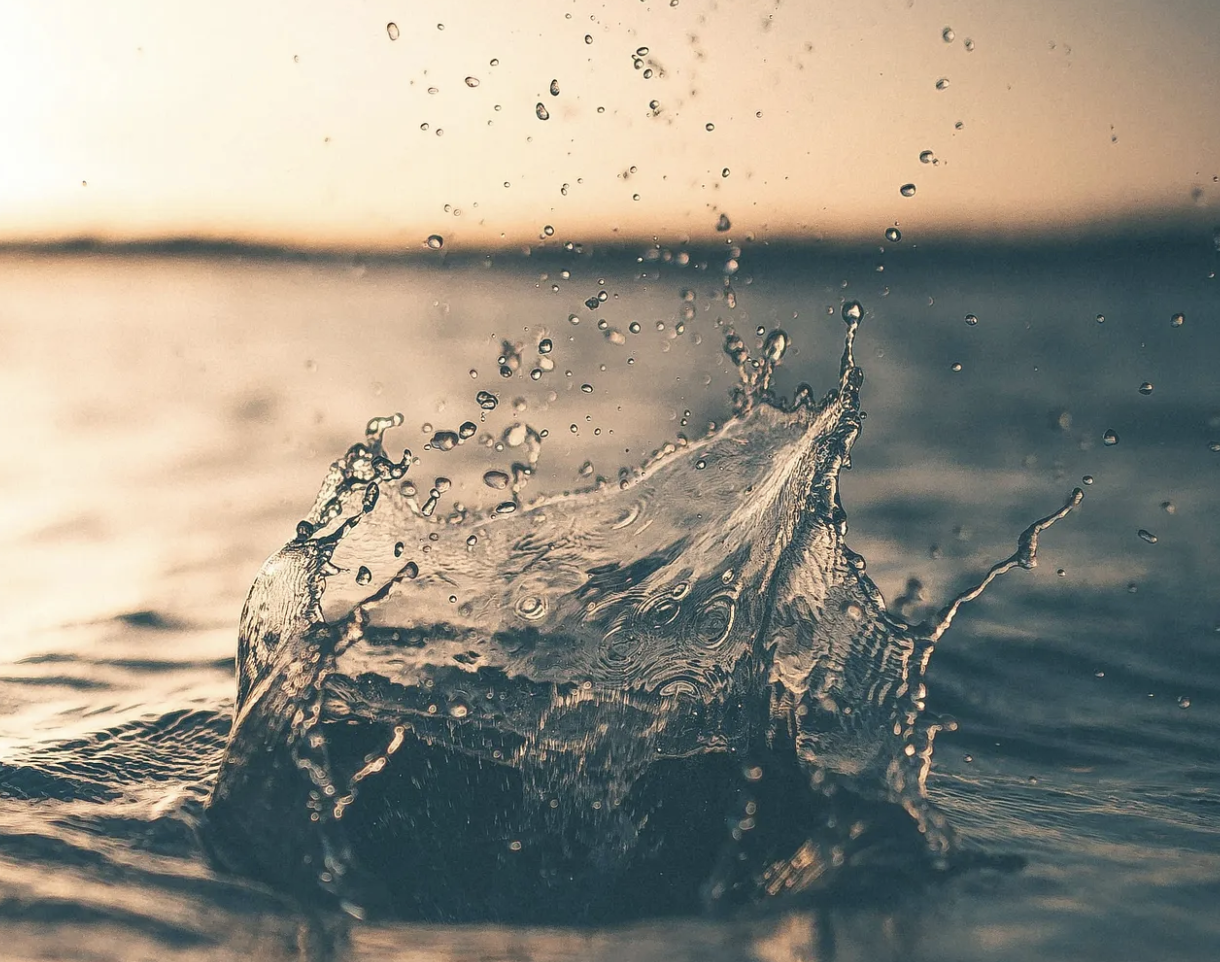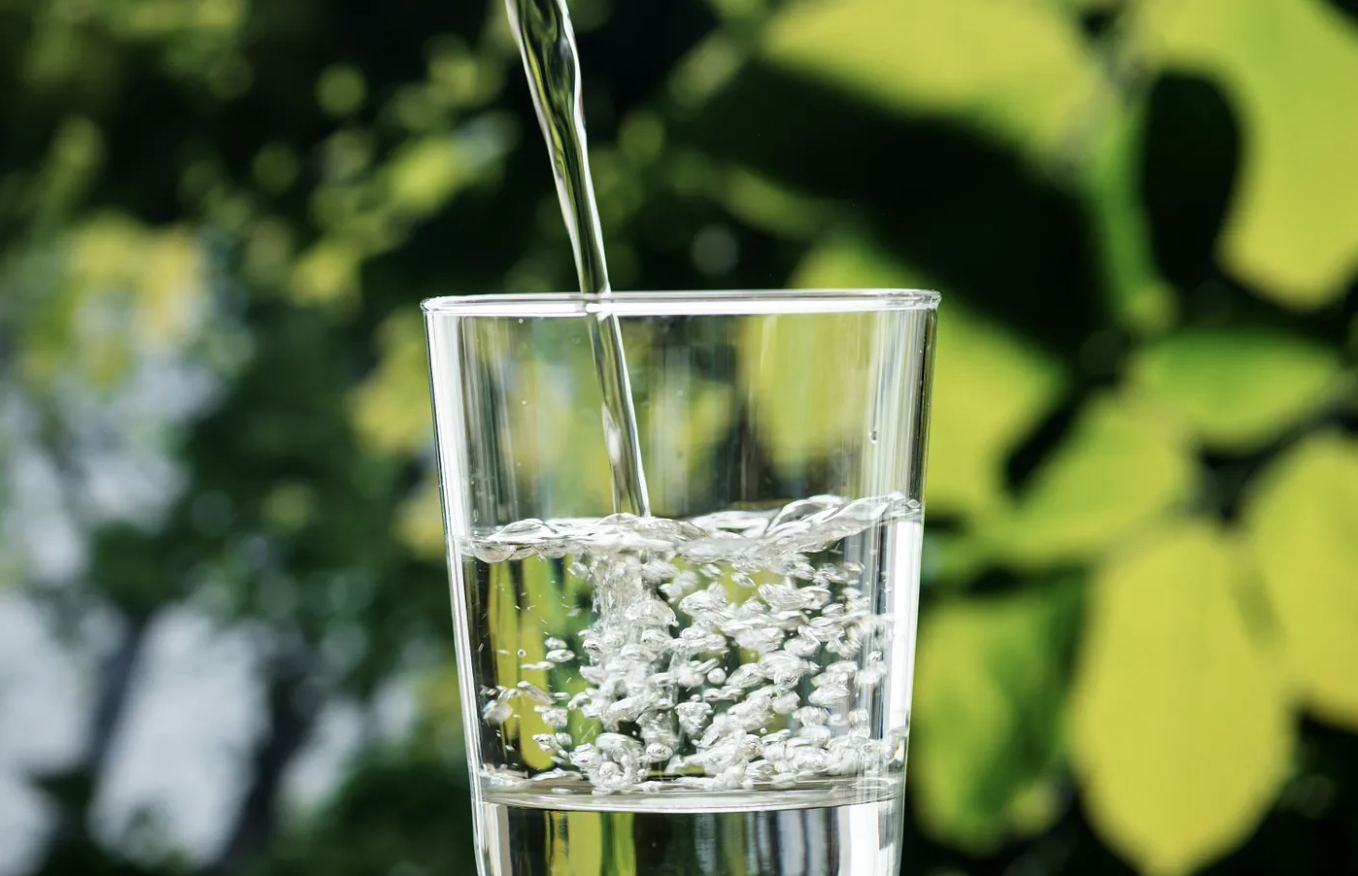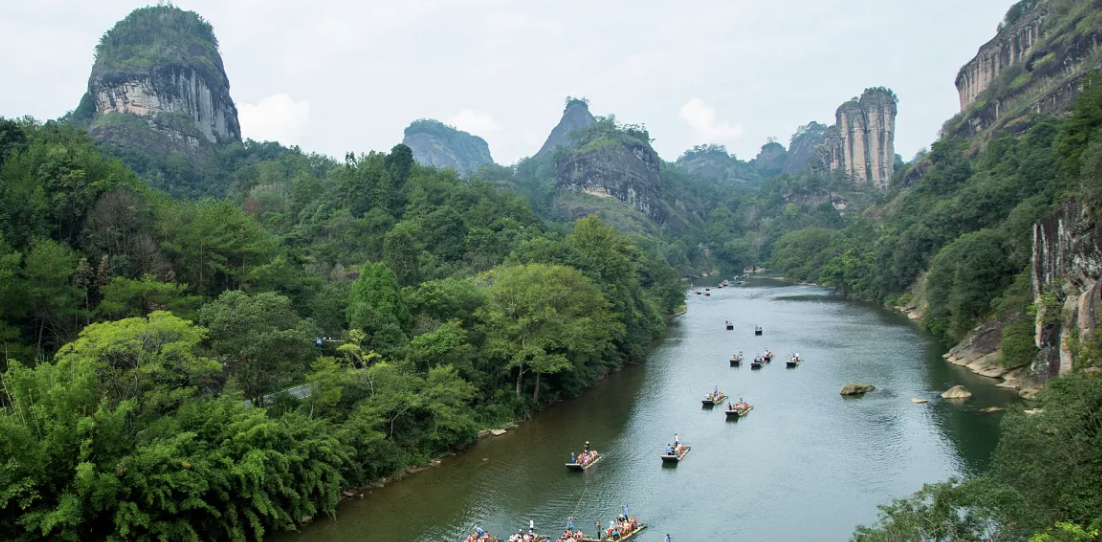
Why Water is the Most Precious Thing in the World?
Photo Credit: Unsplash (Alex Perez) We always called water as elixir of life. That’s because of all the good reasons. It is much needed for survival of life. Because it is acting as critical component in multiple biological process. We all know, its importance is much beyond than our survival. It plays a very important part in every process of our environment. It also affects our economy and society. That’s we call water as the most precious thing in the world. It is called as essence of life: We all know water is the fundamental existence of life. So, every organism like bacterium to largest whale all need water to thrive. It consists of 60% of our human body. It is very important for different body functions like digestion, circulation and temperature regulation. Our cell cannot perform necessary functions without water. Also, due lack of water people may suffer from dehydration and sometimes it can be fatal. Therefor water is also known as cornerstone of life.
Read more by Aditya Pant

Influencing domestic water use behaviour to target long-term water conservation
</div> Humanity faces unprecedented drought-related challenges, which requires higher investment levels in infrastructure and energy. In their paper, Dr Stef Koop and Dr Stijn Brouwer from KWR Water Research Institute argue that domestic water conservation can reduce costs and promote pro-environmental behaviour. Their literature review identifies eight empirical Behavioural Influencing Tactics (BITs) that might instigate household behavioural changes in relation to water conservation. Humanity’s dietary habits, consumption patterns, and climate change-related droughts increase global water security threats. Household changes in water consumption behaviours can significantly contribute to alleviating water stresses. The global disparities in behaviour indicate how altered water consumption patterns might stabilise water security; for example, average water usage per person per day stands at 575 litres in the United States and 131 litres in China. In less industrialised countries, this number is much lower. Owing to increased urbanisation, affluence and climate change, water scarcity crises such as those recently seen in South Africa and Australia are likely to occur more often. These environmental stressors increasingly necessitate investments for water infrastructures augmentation. Despite the effectiveness of domestic water conservation and its potential for saving both money and water, it remains an overlooked way to reduce drought-related stressors. There are many known methods of incentivising domestic water use reduction, the most well-known being the increase of water prices or investment in new technologies. However, empirical methods for measuring the psychological factors that influence water conservation behaviour are understudied. Dr Koop’s and Dr Brouwer’s research seeks to elucidate how Behavioral Influencing Tactics (BITs) can stimulate water conservation in the home. They examine and review 52 studies related to the use of BITs in environmental and water conservation. “Owing to increased urbanisation, increased affluence and climate change, water scarcity crises are likely to occur more often.”
11/11/2024

Water Fluoridation Is Again Under Attack, Just Like It Has Been Since the 1940s
Fluoride in drinking water has been a top achievement of public health to improve oral health in the United States and other countries for decades. The story of water fluoridation begins in the early 20th century when researchers noticed that people living in areas with naturally high fluoride levels in their water had fewer cavities. A dentist by the name of Frederick McKay went to a town in Colorado and noticed that the townspeople tended to have stained teeth. Although their teeth were stained, their teeth were very resistant to tooth decay. The ultimate reason for this was fluoride (a salt containing fluorine) in the water supply. How they got to this conclusion is one example of an epidemiological study: “Black investigated fluorosis for six years, until his death in 1915. During that period, he and McKay made two crucial discoveries. First, they showed that mottled enamel (as Black referred to the condition) resulted from developmental imperfections in children’s teeth. This finding meant that city residents whose permanent teeth had calcified without developing the stains did not risk having their teeth…
13/11/2024

How China’s Richest Person Turned Water Into Obscene Wealth
Ilive by a Patagonian lake, replenished annually by melted snow from the Andes. It’s a privilege, I know. The pure, crisp taste of water pumped straight from the source is truly unbeatable. On the other side of the world, the Wuyi Mountains rise like misty giants, virtually untouched for millennia in southern China. This UNESCO World Heritage Site is a realm where Taoist temples whisper ancient wisdom, pangolins and clouded leopards roam freely through lush rainforests, and tea plantations release a fragrant morning mist. Pristine rivers carve dramatic valleys too, providing water for local villagers, quaint teahouses, and the occasional tourist hostel. But this idyllic scene was shattered in 2019, when paradise lost its innocence. Without warning, an army of trucks and workers invaded this safe haven. Deaf to local pleas, they spent months chopping down trees and razing crops to construct a dam and lay water pipes that would forever alter the landscape. But this wasn’t for the famous Three Gorges dam, or any other Chinese Government mega-project for that matter. This was for private profit.
13/11/2024

Why Water is the Most Precious Thing in the World?
Photo Credit: Unsplash (Alex Perez) We always called water as elixir of life. That’s because of all the good reasons. It is much needed for survival of life. Because it is acting as critical component in multiple biological process. We all know, its importance is much beyond than our survival. It plays a very important part in every process of our environment. It also affects our economy and society. That’s we call water as the most precious thing in the world. It is called as essence of life: We all know water is the fundamental existence of life. So, every organism like bacterium to largest whale all need water to thrive. It consists of 60% of our human body. It is very important for different body functions like digestion, circulation and temperature regulation. Our cell cannot perform necessary functions without water. Also, due lack of water people may suffer from dehydration and sometimes it can be fatal. Therefor water is also known as cornerstone of life.
13/11/2024
